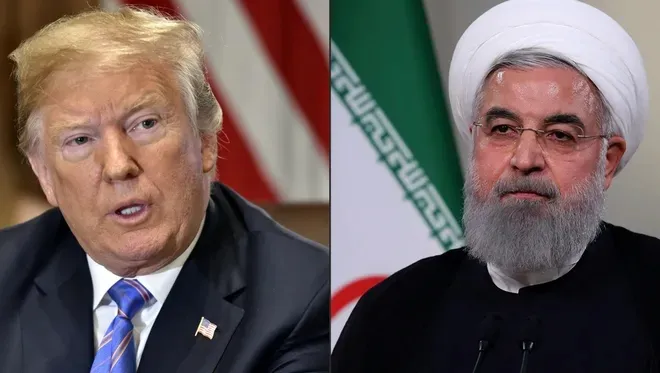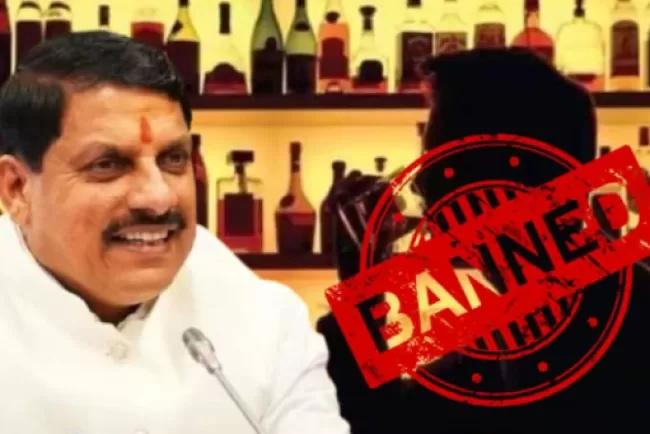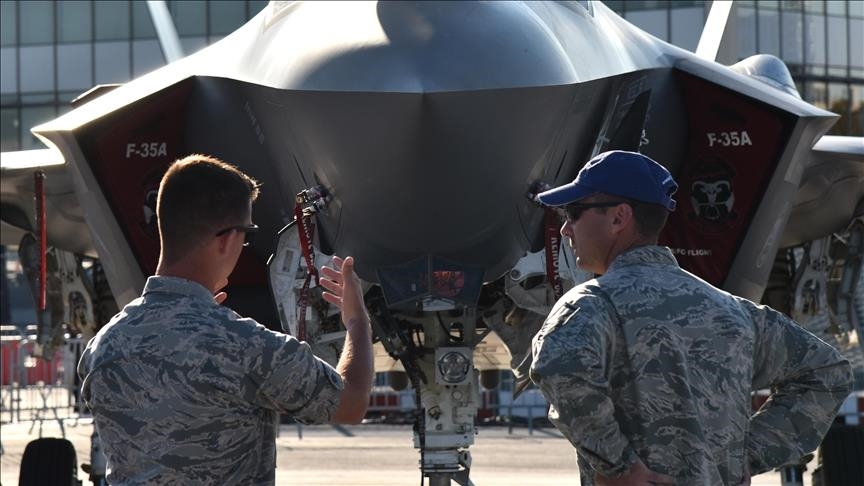Trump Reinstates Maximum Pressure on Iran Amid Diplomacy Offer and Rising Tensions
U.S. President Donald Trump has reiterated his willingness to engage in a diplomatic deal with Iran aimed at improving bilateral relations, but with a strong caveat: Iran must not develop nuclear weapons. The remarks came during a briefing with Israeli Prime Minister Benjamin Netanyahu, signaling both a desire for improved relations and a firm stance against Iran’s nuclear ambitions. However, Trump’s latest moves suggest that diplomacy will be pursued only under strict conditions, including a reimposition of the “maximum pressure” policy that he implemented during his first term in office.

Maximum Pressure Returns
Trump’s comments on a potential deal with Iran were framed within a broader policy shift, as he signed a presidential memorandum reimposing tough sanctions on Tehran. This memorandum instructs various U.S. government departments to ramp up economic pressure on Iran, particularly targeting its nuclear activities. Trump emphasized that the new sanctions would aim to drive Iran’s oil exports to zero and severely limit the regime’s ability to fund militant groups such as Hamas and Hezbollah.
The U.S. president claimed that during his previous term, the maximum pressure policy had successfully curtailed Iran’s oil sales, significantly impacting its economy and military funding. He recalled a time when Iran could not sell oil, which he credited to U.S. sanctions that discouraged other nations from engaging in trade with Tehran. Trump’s remarks indicate that the U.S. administration intends to follow a similar strategy this time, in hopes of preventing Iran from acquiring nuclear weapons and curbing its regional influence.
Trump’s Stark Warning to Iran
Alongside his diplomatic overtures, Trump also issued a stark warning to Iran regarding its actions toward the United States. The president, responding to questions from reporters, declared that if Iran were to attempt an assassination against him, as alleged in an Iranian plot foiled by U.S. authorities in November, it would result in catastrophic consequences for the Iranian regime.
Trump’s statement underscored the intensity of U.S.-Iran tensions. In an apparent reference to the foiled plot, Trump declared that Iran would be “obliterated” if it followed through with such an attack. He suggested that his instructions to U.S. advisers were clear: if Iran were to target him, it would mark the end of the Iranian regime. While the president's rhetoric has been consistently tough on Iran, this warning represents a sharp escalation of his language.
U.S. Sanctions and Iran’s Economic Outlook
The sanctions outlined in the new memorandum are designed to be some of the most aggressive the U.S. can impose, specifically targeting Iran’s oil industry. According to U.S. Energy Information Administration estimates, Iran’s oil exports generated roughly $53 billion in 2023, a figure that is critical to the Iranian economy. The reimposition of sanctions is expected to drive down these exports further, building on Trump’s previous strategy of pushing for a complete halt to Iranian oil sales.
The Iranian economy, which is heavily reliant on oil exports, could face further strain as these sanctions take hold. The impact of such measures is already evident, as oil output during 2024 reached its highest level since 2018, according to OPEC data. These economic pressures could limit Iran's ability to finance its nuclear program and regional activities, as well as increase domestic unrest due to economic hardship.
Trump's Offer for Diplomacy
Despite the harsh rhetoric and reimposition of sanctions, Trump expressed a willingness to negotiate directly with Iran if the regime refrains from pursuing nuclear weapons. His diplomatic offer, framed as an opportunity for Iran to “get on with their lives,” was made directly to the Iranian leadership. Trump suggested that, if Iran meets certain conditions—particularly ceasing its nuclear weapons development—there could be a positive future for the country, one where it could prosper without the shadow of international sanctions.
However, this potential for diplomacy is contingent upon Iran's behavior regarding nuclear weapons. The reimposition of the maximum pressure policy signals that Trump views diplomatic negotiations as a last resort and will continue to leverage economic sanctions and military deterrence to compel Iran to comply with U.S. demands.
Israel's Role in the Situation
Israeli Prime Minister Netanyahu, who met with Trump during the announcement, has long been an advocate for a tough stance on Iran. Netanyahu has repeatedly warned about the threat posed by Iran's nuclear ambitions and has supported U.S. efforts to exert pressure on Tehran. His presence at the briefing underscores the alignment between Israel and the United States on the need to curtail Iran’s nuclear program.
Israel has expressed concerns about Iran's regional influence, particularly in Syria, Iraq, and Yemen, and views any nuclear weapons development by Iran as an existential threat. As a result, Israel continues to push for strong U.S. action to prevent Iran from acquiring nuclear capabilities, even as diplomatic talks unfold.
Conclusion: A Delicate Balance
The Trump administration’s return to maximum pressure against Iran, paired with the president’s offer of diplomacy, highlights the complex nature of U.S.-Iran relations. While Trump remains open to a deal, his administration’s actions suggest that any negotiation will be grounded in tough sanctions and a desire to prevent Iran from achieving nuclear weapons capability.
The situation is further complicated by the military and economic pressures that both sides face. Iran’s ability to withstand U.S. sanctions, particularly in the face of declining oil exports, will be a critical factor in determining whether diplomatic talks can proceed. Meanwhile, the possibility of further escalation, including military confrontations, remains a constant concern as both nations continue to navigate this high-stakes geopolitical standoff.
What's Your Reaction?
















